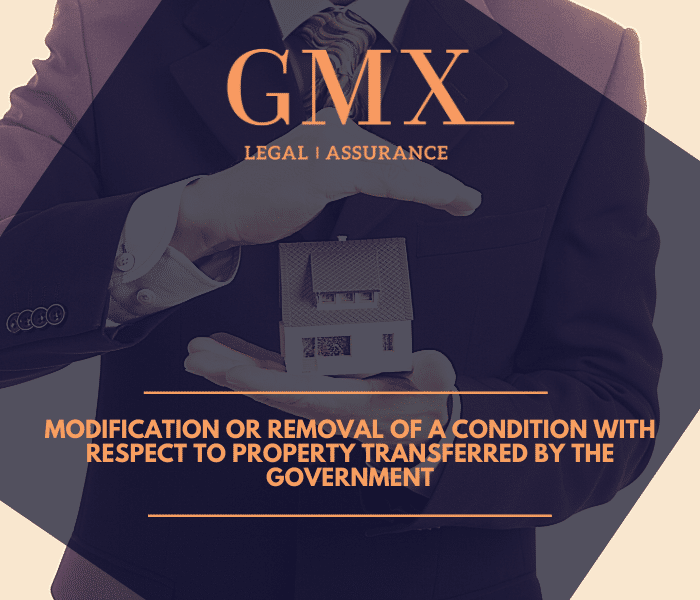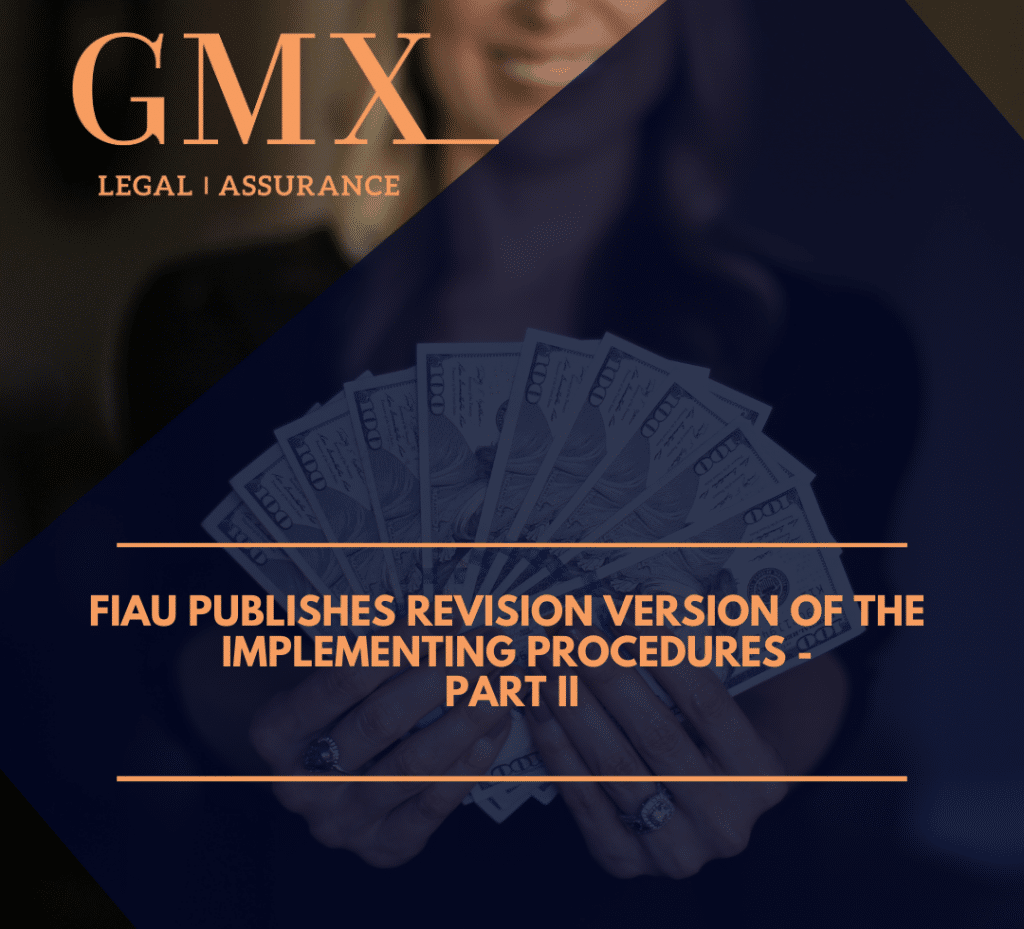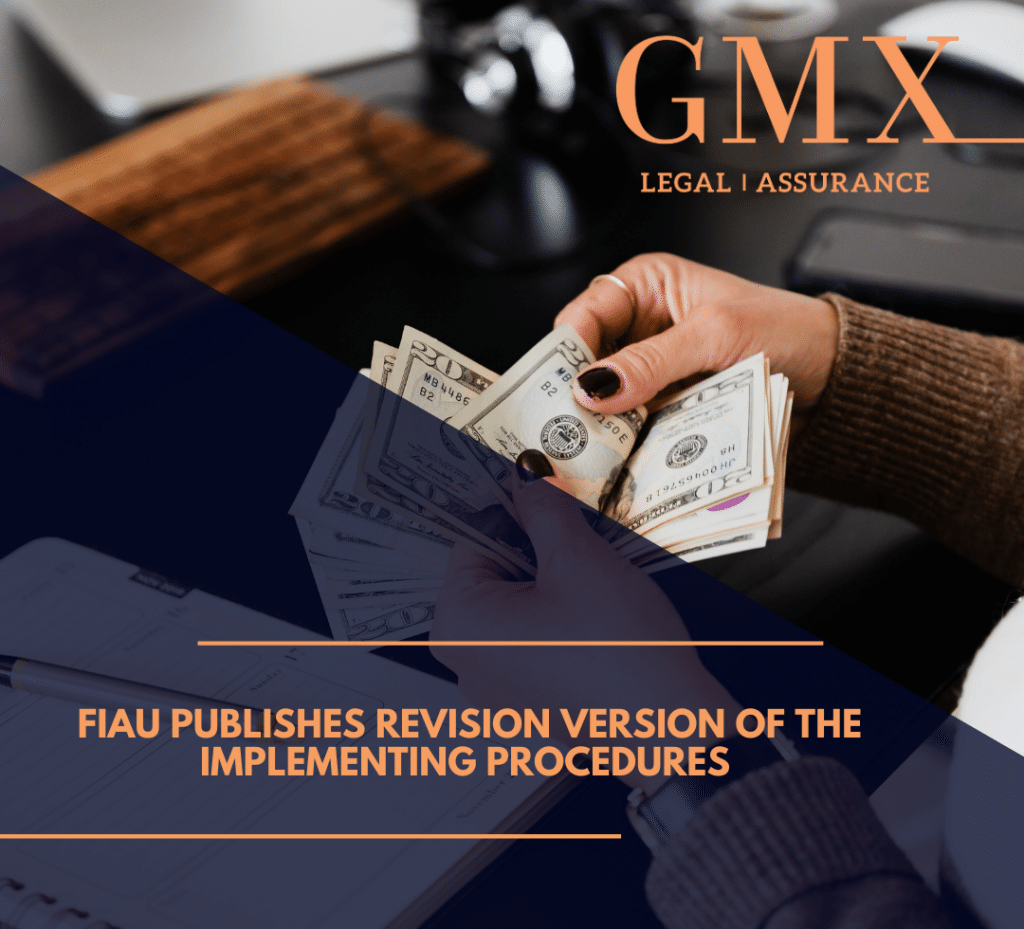*This interview has been published in Maritime Economies newspaper.
Question 1. What has been the impact of Covid-19 on businesses and what is your forecast for the future.
The impact of the coronavirus (Covid-19) is being felt by all businesses
around the world. The Covid-19 pandemic has created an unprecedented crisis
practically grinding the world’s economies to a halt and which in turn impacted
the backbone of the world trade, the maritime industry. It also highlighted the
great importance of technology when it comes to conducting business. At GMX
very early we put into effect our own contingency and business continuity plans
seeking to strike a balance between ensuring the absolute well-being of all our
team members and continuing to service all our clients and partners as best as
possible. We had therefore the majority of personnel working from home whilst
smaller teams continued to work from our offices in order to ensure that
essential and crucial services are offered. The firm’s restructuring and
dispute resolution personnel stepped in to offer assistance to clients in the
sectors worst affected by the Covid-19 pandemic.
This pandemic guided us to realign our expectations, regroup and explore
new opportunities while it also acted as a catalyst to spur further innovation.
At a top management level we needed to stay on top of the constantly developing
situation and adapt accordingly and quickly as possible. A long-term solution
requires the input and involvement of all employees to produce a viable
solution to overcome the challenges posed by the pandemic. Businesses are
forced to explore innovative solutions to overcome the growing negative
implications of this unprecedented crisis. In our firm, we quickly realised
that in the current day economic scenario, innovation has become a major factor
which leads to success and that out-of-the-box-thinking is important to
generate new value and also sustain your business. At GMX we have always been
firm believers of innovation; it is at the centre of our way of doing things,
in our corporate functions, business models and processes. It has been our
driving force which gave us the opportunity to remain competitive and survive
in this ever-changing environment, ensuring in the same time that our team
works conscientiously to accommodate each individual client. Our pro-Covid-19
established policies such as flexibility, training of employees and constant
updating of procedures, assisted us to turn the impacts of the pandemic into
opportunities as means to overcome the challenges ahead. Creativity and
welcoming changes will help entrepreneurs to shape this new business landscape.
Question 2: Do you believe that nowadays women can lead in predominantly male-dominated corporations?
I firmly believe that leadership qualities are not a matter of gender
but a matter of aptitude; otherwise, more and more gender bias will be
inculcated and this is precisely what men and women do not need to be hounded
by. Organisations headed by women
report greater team cohesion, more inclusive communication and more
co-operative learning in challenging situations caused by conflict, functional
diversity and relocation. This is because women put emphasis on collegiality
and bonding. I also believe that
we are better listeners. All this helps to create stronger and more motivated
teams. There are studies demonstrating that companies with more women in
executive positions attained significantly higher profitability on average,
than those with low representation.
Having said this, I don’t think that all female leaders radiate such
abilities or that male leaders lack them. Besides such skills can be taught and
I feel that with the right training any organisation can nurture an atmosphere
of belonging and where everyone learns from each other. Gender parity in the
top management level can lead to thriving enterprises.
Furthermore, leaders should walk the talk of happy employees work better
and with more enthusiasm from the ground up. Giving sufficient feedback is the
first point-of-take off in this regard so that employees know where they stand,
in terms of job performance and both short/long-term goals. This is why
emotional intelligence is gaining traction so that learning empathic techniques
provide helpful appraisal that interweaves appreciation and candour. Although
there are several studies showing that women are better empaths than men, once
again, the determining factor is character and not gender; there are women who
do not score high on emotional intelligence just as there are men who do.
I would like to think that diversity and inclusion are engrained in GMX’s
DNA and are in fact the very foundation on which our firm was formed. In
reality at GMX the female population is higher. We are a team of lawyers and
auditors and the vast majority we are women. I believe that truly successful
results will only be reached when we no longer talk of women striving to
succeed as much as men do in the business world, but when such success is
regarded as natural.
Question 3. What is the role of women in today’s society?
Women today have proved themselves in positions of power, carrying
considerable decision-making authority and game-changing leadership positions.
Women no longer lag behind men in most study areas and occupations. Progress is
also clear on women’s leadership and political participation; Kamala Harris is
the United States’ first female vice president and the highest-ranking female
elected official in U.S. history, after winning the 2020 election, Ursula
Gertrud von der Leyen is the European commission’s first female president,
while closer home Katerina Sakellaropoulou, made history when she was elected
as Greece’s first female president.
Undoubtedly, women today have more freedom in the broadest sense to
fulfil their dreams. Women’s all round contribution to society needs
recognition not proof. Multi-tasking, productivity, consistency, managerial
skills and the ability to adapt to new situations are the main characteristics
of working women and these have led us to climb the corporate ladder. We have
inherent qualities of empathy and emotional connection and more than
competition, we focus on team-work to better ourselves, others and our work.
Women over the last years have begun taking the reins in more and more
companies worldwide and they have established their position as business
leaders. The representation of women in senior management positions has
increased over the last years, yet gender bias and stereotypes persist keeping
countless women disadvantaged. According to the Global Gender Gap Report 2020,
issued by the World Economic Forum, there is still a 31.4% average gender gap
that remains to be closed globally.
Having said that, women empowerment has taken place and has opened new
doors for the women to thrive and shine. The achievements of women in the
maritime industry have been very well noted and the recruitment of more women
has been encouraged. Despite ingrained stereotypes, there is a growing number
of professional women in the maritime industry.
The position of women in our society cannot be generalised as throughout
the world women receive different amounts of respect. There has been a change
but there is still room in eliminating inequality. It is challenging to combine
a full-time career and a family at the same time but whatever is a woman’s
choice, either a high-level job, or stay-at-home mom or the most common a
working mother, should be respected as when we set our goals we strive to be
the best we can.





